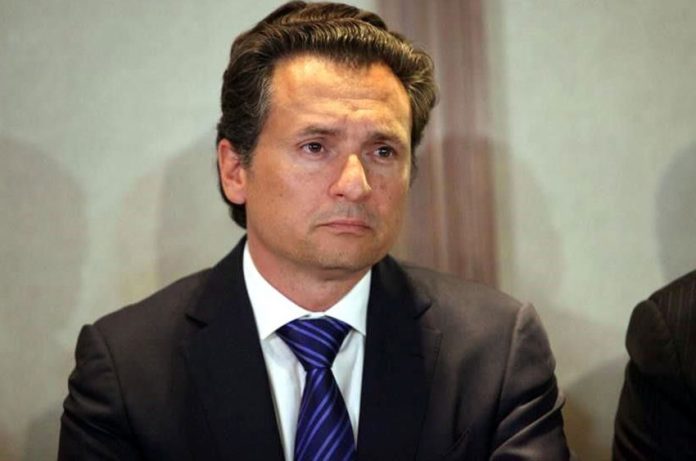Change is afoot again in Mexico’s energy sector, and investors are worried.
First came two new pipeline permits, signed by United States President Donald Trump last week, enabling hydrocarbons including crude oil to be exported across the border to Mexico. Then came Mexican President López Obrador’s warning that he could reverse Mexico’s energy sector reforms.
The permits will allow NuStar Energy, a San Antonio-based company, to connect its 46-kilometer Burgos pipeline to a Pemex gas plant in Reynosa, Tamaulipas.
Gonzalo Monroy, an energy analyst, said the infrastructure would allow refined products to reach the industrial Monterrey area in northern Mexico, which would “make a lot of business sense.” Some investors, he added, have also talked about building mini-refineries in the area, a potential outlet for Texan crude oil.
Yet López Obrador has made energy self-sufficiency a cornerstone of his policy and is building a new refinery so the country can stop exporting crude and importing fuel.
So the possibility of even more imports from the U.S. hardly fits the plan, although López Obrador usually acquiesces to demands from Trump.
If all this suggested that López Obrador might be softening his stance on private and foreign investment, the mood quickly changed when the president offered his darkest hints yet that he would reverse the landmark 2013 energy reform that stripped Pemex of its monopoly and opened up a sector that was closed to outside investors for 75 years.
His potential U-turn on those reforms, threatened hours before Trump’s pipeline announcement, triggered alarm in the private sector, which invested billions in Mexico’s upstream auctions until López Obrador put them on ice in 2018.
The president has so far stopped short of reversing the energy reform. But if it has not demonstrated its merit by 2021, he now says he could seek to turn back the clock.
He insists that the more than 100 contracts already awarded are safe, but analysts say permit hold-ups and rule changes that benefit Pemex will stymie competition in the sector anyway.
López Obrador, an anti-graft crusader, also appears keen to use the corruption trial of Pemex’s former chief executive, Emilio Lozoya, to discredit the energy reform, arguing, without yet providing proof, that politicians were bribed to change the law.
To change the law, the president would need support from two-thirds of Congress, something he cannot yet command. The energy reform is also enshrined in the USMCA, the new trade agreement, making it hard to change outright.
But investors have learned to take López Obrador’s words at face value, even though many doubt that the energy sector plans will help the industry or fix Pemex’s mounting financial problems. Monroy said canceling the energy reform was a “credible threat.” The president says he would do it “in the third year” of his term.
© 2020 The Financial Times Ltd. All rights reserved. Please do not copy and paste FT articles and redistribute by email or post to the web.
